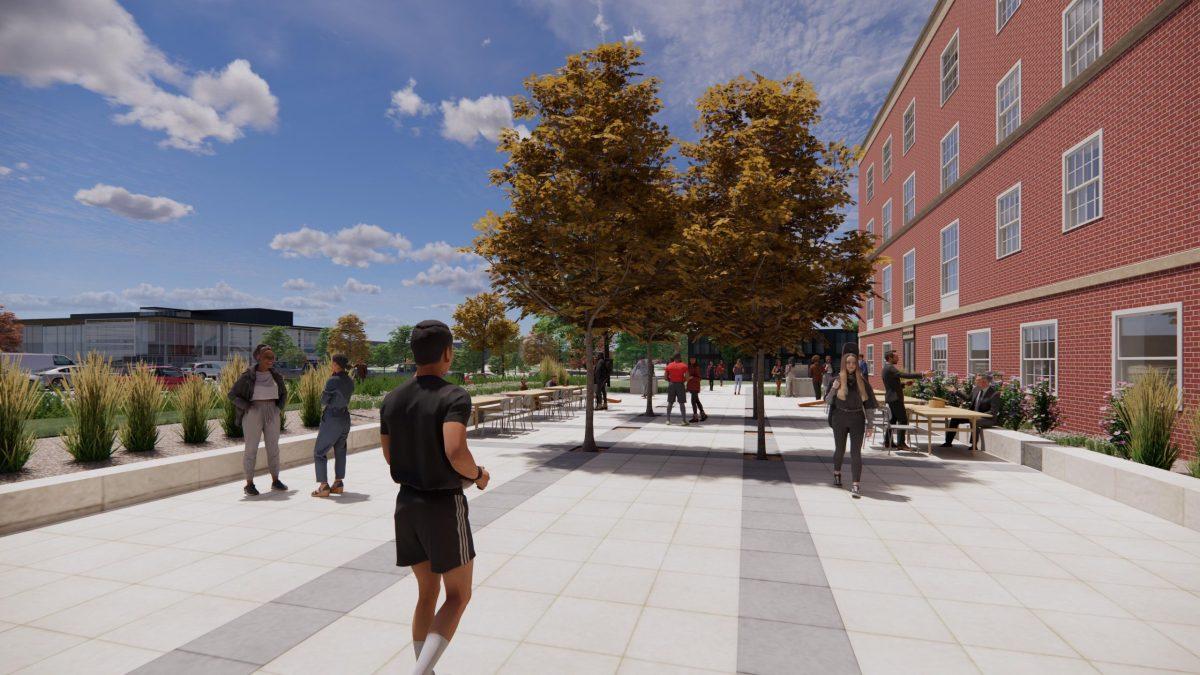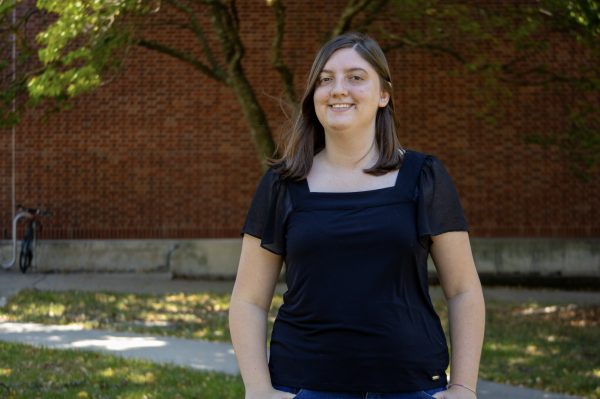On Dec. 1, 2022, Chief of Student Affairs at Drake University Jerry Parker announced to Student Senate that there would be a holistic wellness fee increase to supplement mental health initiatives in the fall 2023 semester. Student senators, including the equity and inclusion senators who represent Unity Roundtable, discussed their questions and concerns.
Unity Roundtable is a board of representatives from the multicultural organizations at Drake. According to Mylo Bissell, one of the co-presidents of Unity Roundtable and one of its representatives in the Student Senate acts as a “protecting body” for them. Parker did not approach Unity Roundtable itself during the early decision-making process about the fee, but the representative senators were able to express concerns on its behalf.
“I think a lot of times people forget Unity itself is an organization and kind of view us as an amalgamation of different organizations, which isn’t untrue,” Bissell said.
During the Student Senate meeting when Parker mentioned that the fee might be used to hire an additional counselor at the Counseling Center, a senator asked if the hired counselor would be a member of the LGBTQ+ community. Other senators expressed concerns about the 24/7 line, asking who the demographic would be for.
“Some of the models that you see, and some of the things that we’re doing, is that a counselor might focus in on different areas, instead of just one area, multiple,” Parker said during the meeting in response to the senator asking if the counselor would be a member of the LGBTQ+ community.
Nachy Gardiner, the Unity representative for the International Student Association on campus, expressed the same thought about an additional counselor, specifically from the point of view of being from a different country.
“Being of the same background is not a requirement for counseling or any advising service, but it would be nice to have [a] faculty/counselor that knows exactly what I’m referring to when I speak on the stresses of being an international student,” Gardiner said.
According to Gardiner, international students – referring to students who hold visas that make them eligible to study in the United States rather than students of different ethnicities – at Drake already pay more than the average student to attend the university.
At the beginning of the spring semester, Drake launched its partnership with Uwill, a telehealth therapy service where students can choose their therapist based on their individual needs – but students begin with limited credits and have to pay for more once they run out. Part of the upcoming holistic wellness fee will be going toward the partnership with Uwill.
Part of the upcoming fee will also be going to the mental health first aid program on campus. Mental health first aid is a program that organizes classes about mental health and gives them instructions for helping other people through mental health crises, divided in different categories for lessons.
“You’re offering that person information, support, reassurance appropriate to the mental health challenge that they’re going through,” said Christine Urish, a professor of occupational therapy at Drake.
The actual teaching process, according to Urish, is a 7.5-hour interactive course that can be taken entirely in person or in a hybrid format. The course includes, but is not limited to, videos, group discussions, individual reflection, a self-care guide, and a workbook. It gives definitions of mental health challenges that people might be struggling with.
The recently-obtained grant money will also be going to certify more people in the program, which varies depending on the course. In Urish’s experience, from three days to a week.
Some students have criticized the program for lacking cultural competency or specific situations based on intersectionality.
“As much as I can provide [mental health first aid] as somebody who’s not certified after receiving [training], I think that there is a lack of intersectionality within it,” said Bissell, who’d gone through the course.
“It just wasn’t meant to be trauma-informed care. It’s meant to be responsive care.” Bissell added.








